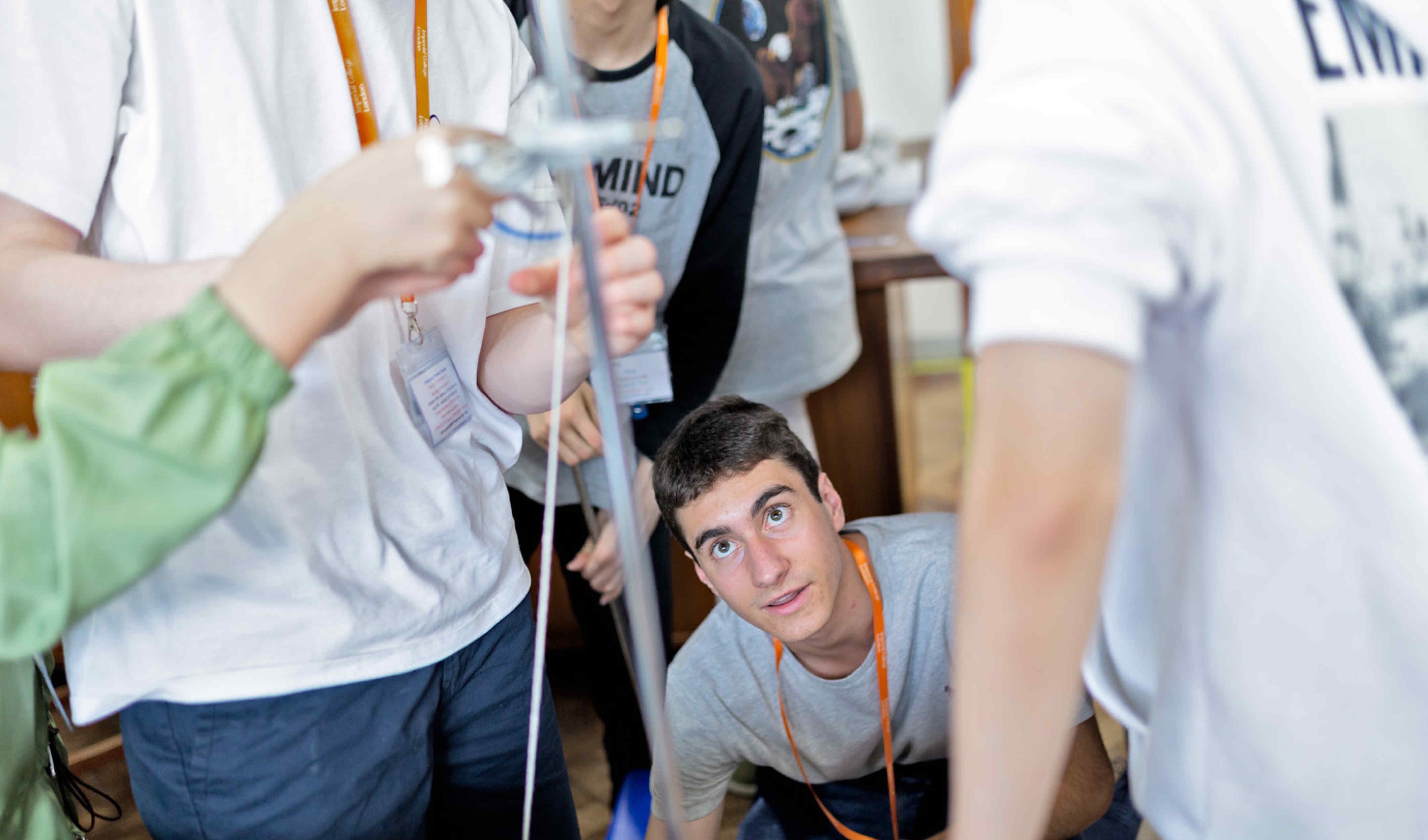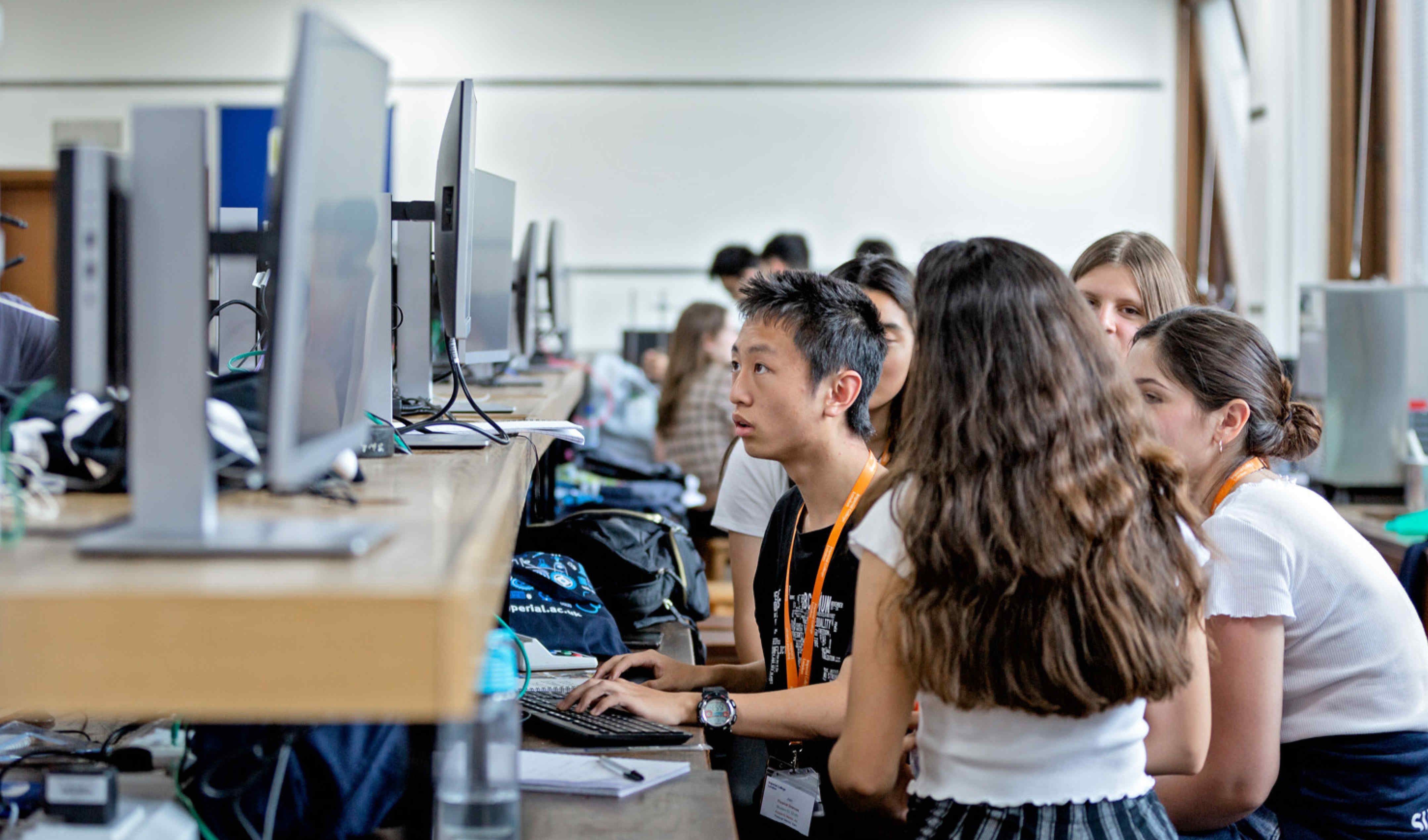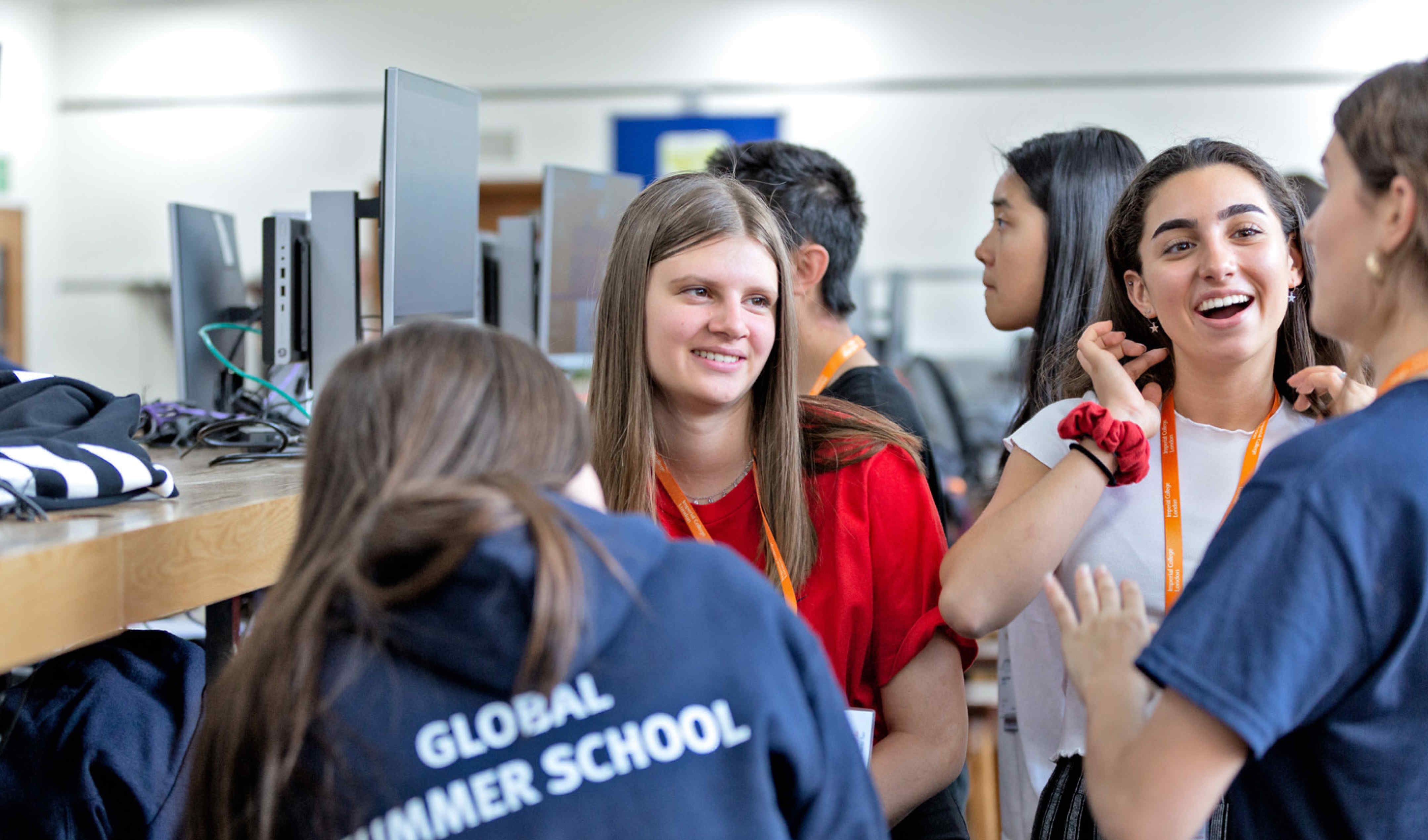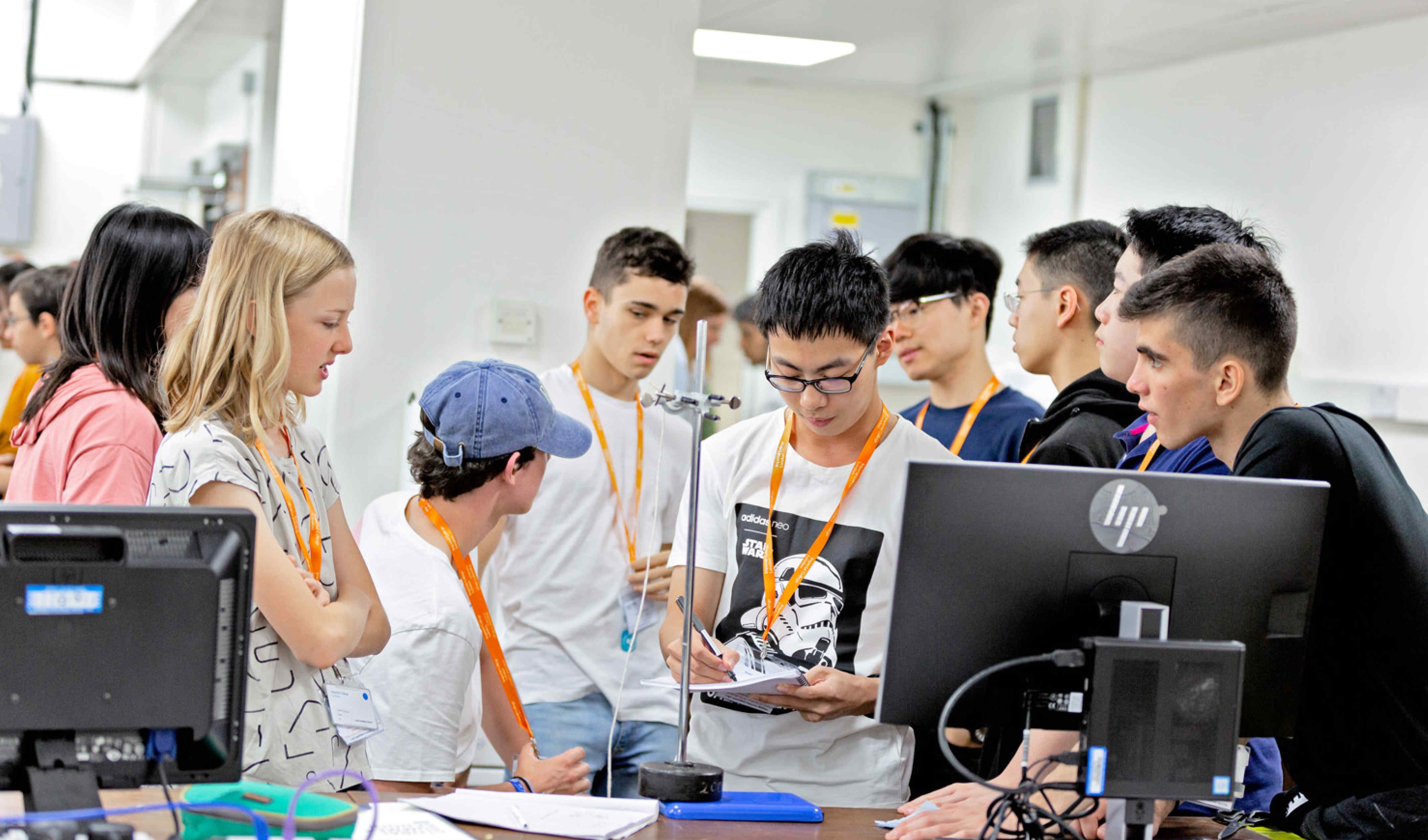The Physical Sciences is led by Professor David Colling and Dr Alexander Richards from Imperial’s Department of Physics. The Department is one of the largest in the UK with an outstanding reputation for excellence in research, undergraduate education and postgraduate training.
This subject will teach you to look at a problem/physical situation – in this case, the phenomena of oscillations – using three different tools:
- The mathematics of calculus
- Performing experiments
- Simulating the situation using a computer
In this intensive subject, you will attend a series of lectures which will provide the fundamental background knowledge that will underpin the week’s work, whilst also experiencing first-hand lecturer-led teaching within a university physics environment.
In the past, students have:
- Conducted practical experiments, collected and analysed data.
- Encountered new mathematical techniques in a lecture-led teaching session.
- Learned the basics of the Python programming language and created computer simulations.
- Presented the results of their experiment in a group presentation
- Finished the week with a real understanding of oscillations and their importance throughout the natural sciences.
Sample session outline
This session will start in the laboratory where you will construct a physics simulation of simple oscillations before conducting the final and more challenging experiment.
You will then move to the computer suite to model more complex systems. Within your groups, you will begin to create a presentation of all that you have learnt during the week, ready to be presented to the group in the final session.
Meet the teachers
Dr Alexander Richards
Research Associate, Department of Physics.




